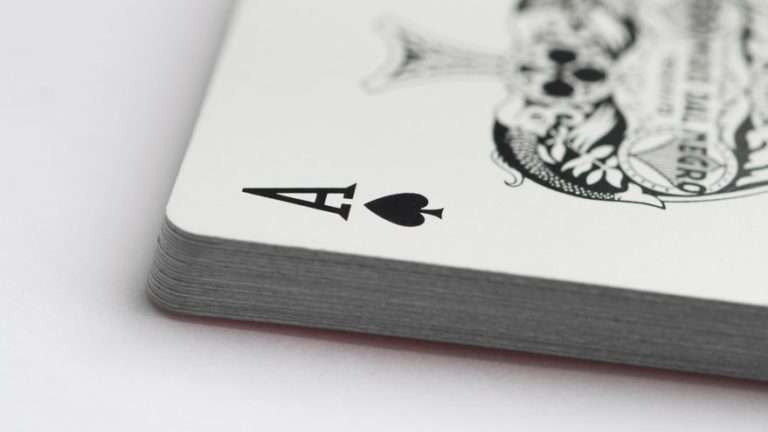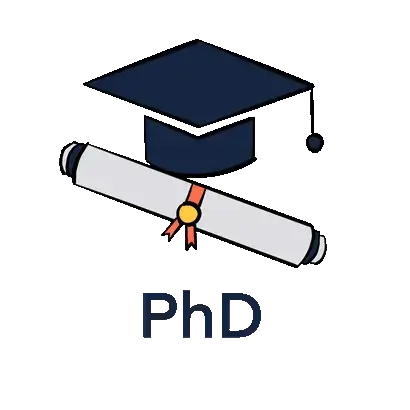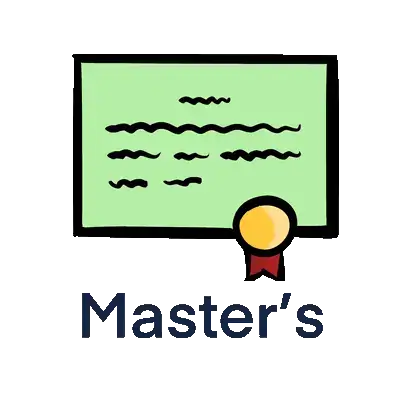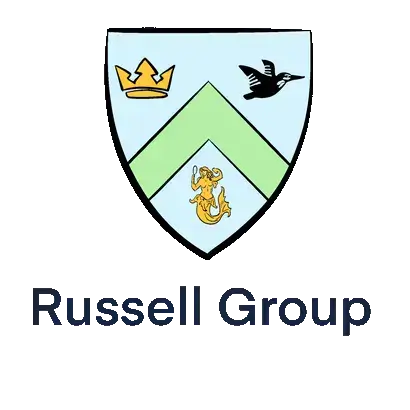Seven top tips for acing IB Mathematics
About to embark on the IB? One of our top IB Mathematics tutors, Alan, shares his wisdom on preparing for the course.
I have been teaching IB mathematics Higher Level and Standard Level for twelve years now. I want to share some advice with students and their parents that will make their two years study of this compulsory subject trouble-free and rewarding.
Before you start the course
1. Be prepared. This applies to whatever level you intend to study. It is a fact that most IB students starting off have weaknesses in basic algebra such as rearranging equations, poor mental arithmetic skills and so forth. There is a list of ‘prior learning topics’ in the IB maths guide that can be used as a framework for preparation. You can download the IB Mathematics Guide for the level you will be studying by doing a simple Google search. Most IB textbooks have a section on prior learning that can be used as a guide to self-study. Be prepared to find out things for yourself. Take an interest in the applications of mathematics in the wider world. There are many books and documentaries on the influence of mathematics on culture. The BBC documentary by Marcus du Satoy entitled ‘The Language of the Universe’ is worth watching.
2. Read the IB subject guide. This contains essential information about the structure of the internal and external assessment of the course and the syllabus content. Be prepared. Your teacher will notice and you will be ahead of the game. A bit of preparation before the start of the course will make your life a lot easier.
Don’t be put off
3. IB is different from A-level. It is harder but don’t be put off by this. The ethos of the IB is to make you an independent learner as well as a host of other aims. You will be at an advantage compared to your friends who have taken A-levels when you go on to further education.
Choose the level carefully
4. Choose the level of mathematics carefully in consultation with your teachers and parents. Mathematics is a compulsory subject. Broadly speaking, HL mathematics is for the ablest students who intend to study a mathematics based subject at university such as a science or mathematics itself. SL mathematics is still very challenging for most students, shares a lot of the material in common with HL mathematics, and will demonstrate to universities that you are broadly capable in mathematics. Maths Studies SL is for students who either don’t need a high level of mathematics for further study or who find the subject very challenging.
Get to grips with the graphing calculator
5. Familiarise yourself with the graphing calculator that you will be using. Your teacher will be able to tell you which model to buy. You will save yourself a lot of time in the classroom if you do this. It always surprises me how many students lack basic understanding of their graphing calculator functions. Some teachers will expect you to teach yourself how to use it. In my opinion, the teaching of the calculator functions should be integrated into the lessons but this is not always done. Regardless of which level you are taking, you will not be able to answer many questions effectively without your GDC. The paper 2 at HL and SL is specifically written with the GDC in mind and needs a different approach to the non-calculator paper.
Choose your coursework topic carefully
6. Coursework is a major component of the IB Diploma program and accounts for 20% of the maths course. You will conduct an ‘exploration’ of an area of mathematics, usually at the end of the first year or beginning of the second year and will be given a lot of room to decide the area of your research. It is important that you have an opportunity to include mathematics appropriate to the level that you are studying. If the area of choice does not give opportunities for this, you will be better off choosing another area of research. There are exemplar ‘explorations’ available here. Look at the assessment criteria, available in the same link. Study the exemplar material to see where the students either met or failed to meet the criteria. Remember most of all that it is meant to be your own work. Your teacher can give you an oral examination to see if this is really the case.
Work hard!
7. Be prepared for hard work. There are no short cuts. Be realistic whilst at the same time strive to do your best. Prepare for the course. Choose the right level, with advice from your teachers. Practise the calculator skills and improve your core maths skills. Study the course outline and objectives. Learn the meaning of the key words used in the examinations. These have very specific meanings. And most of all, the course will open your eyes to the beauty of mathematics and its applications in the modern world.










Start the discussion!